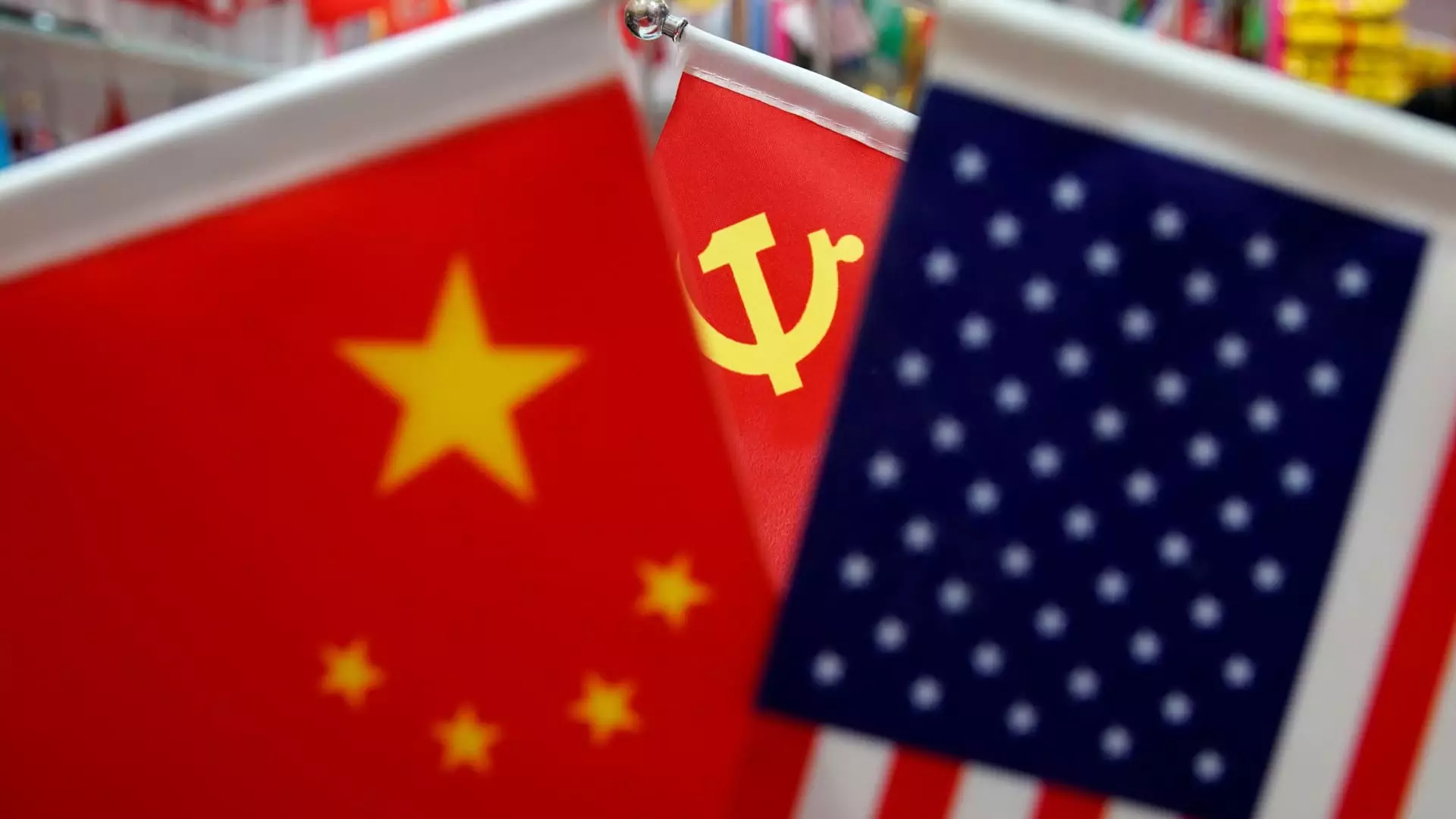In the wake of the recent U.S. elections, China has reiterated its call for enhanced collaboration with the incoming administration under President-elect Donald Trump. Recognizing the imperative for diplomatic engagement, Chinese officials have stressed mutual respect, peaceful coexistence, and beneficial cooperation. The remarks signify Beijing’s awareness of the potential economic shifts that could arise with Trump’s re-election and subsequent policy direction.
He Yongqian, a spokesperson from China’s Ministry of Commerce, articulated China’s stance, expressing the intent to bolster communication with the U.S. This is particularly crucial given the backdrop of previous economic tensions that characterized Trump’s initial term. Yongqian highlighted the necessity of navigating differences amicably while promoting stable and sustainable economic relations, indicating a strategic approach to addressing the complex U.S.-China economic dynamics.
President Xi Jinping’s earlier message further reinforced this sentiment, conveying the importance of bilateral cooperation. By acknowledging the potential advantages of a collaborative relationship, both leaders are mindful of the broader implications for global economic stability, illustrating that their economic destinies are intertwined.
As Trump’s administration gears up for its implementation of trade policies, concerns regarding increased tariffs have emerged. During his campaign, Trump threatened additional tariffs on a variety of Chinese products, which adds an element of uncertainty for international trade relations. Yue Su, an economist at the Economist Intelligence Unit, suggested that the new administration is likely to act swiftly on tariff imposition, possibly as early as the first half of the coming year. The invocation of the International Emergency Economic Powers Act or provisions of the Trade Act of 1974 could empower Trump to facilitate these tariff increases.
While some analysts express concern over the immediate impacts of such tariffs, others suggest that the proposal may not materialize as projected. David Chao from Invesco posits that Trump’s most extreme tariff plans could be leveraged as negotiation tools rather than blanketed legislative actions. He argues that the current economic climate may compel Trump to seek concessions from China instead, such as commitments for purchasing U.S. agricultural products.
The broader implications of tariff actions go beyond just the U.S. and China; they resonate across international markets. A potential 10% tariff imposed on all exports to the U.S. could dampen global demand, thereby affecting not only China’s economic performance but also that of other Asian economies heavily reliant on U.S. markets.
In essence, the fluctuating narrative surrounding tariffs underscores the fragility of global trade relations and the delicate balance nations must maintain in pursuit of economic stability. As discussions of cooperation surface, it remains crucial for both the U.S. and China to navigate their economic relationship with caution and foresight, recognizing that the path forward demands collaboration rather than confrontation. The outcome of these interactions will ultimately shape the future of global commerce and the interconnectedness that defines today’s economies.


Leave a Reply